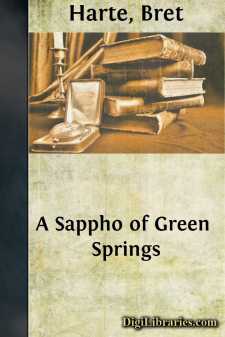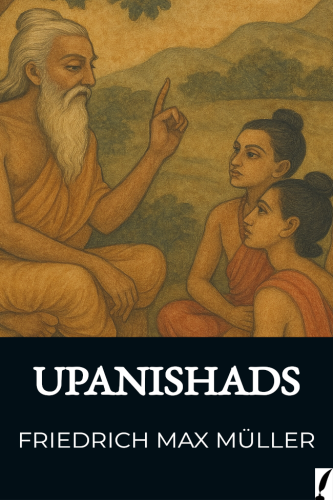Categories
- Antiques & Collectibles 13
- Architecture 36
- Art 48
- Bibles 22
- Biography & Autobiography 813
- Body, Mind & Spirit 142
- Business & Economics 28
- Children's Books 17
- Children's Fiction 14
- Computers 4
- Cooking 94
- Crafts & Hobbies 4
- Drama 346
- Education 46
- Family & Relationships 57
- Fiction 11829
- Games 19
- Gardening 17
- Health & Fitness 34
- History 1377
- House & Home 1
- Humor 147
- Juvenile Fiction 1873
- Juvenile Nonfiction 202
- Language Arts & Disciplines 88
- Law 16
- Literary Collections 686
- Literary Criticism 179
- Mathematics 13
- Medical 41
- Music 40
- Nature 179
- Non-Classifiable 1768
- Performing Arts 7
- Periodicals 1453
- Philosophy 64
- Photography 2
- Poetry 896
- Political Science 203
- Psychology 42
- Reference 154
- Religion 513
- Science 126
- Self-Help 84
- Social Science 81
- Sports & Recreation 34
- Study Aids 3
- Technology & Engineering 59
- Transportation 23
- Travel 463
- True Crime 29
The Patient Observer And His Friends
by: Simeon Strunsky
Categories:
Description:
Excerpt
COWARDS
It was Harrington who brought forward the topic that men take up in their most cheerful moments. I mean, of course, the subject of death. Harrington quoted a great scientist as saying that death is the one great fear that, consciously or not, always hovers over us. But the five men who were at table with Harrington that night immediately and sharply disagreed with him.
Harding was the first to protest. He said the belief that all men are afraid of death is just as false as the belief that all women are afraid of mice. It is not the big facts that humanity is afraid of, but the little things. For himself, he could honestly say that he was not afraid of death. He defied it every morning when he ran for his train, although he knew that he thereby weakened his heart. He defied it when he smoked too much and read too late at night, and refused to take exercise or to wear rubbers when it rained. All men, he repeated, are afraid of little things. Personally, what he was most intensely and most enduringly afraid of was a revolving storm-door.
Harding confessed that he approaches a revolving door in a state of absolute terror. To see him falter before the rotating wings, rush forward, halt, and retreat with knees trembling, is to witness a shattering spectacle of complete physical disorganisation. Harding said that he enters a revolving door with no serious hope of coming out alive. By anticipation he feels his face driven through the glass partition in front of him, and the crash of the panel behind him upon his skull. Some day, Harding believed, he would be caught fast in one of those compartments and stick. Axes and crowbars would be requisitioned to retrieve his lifeless form.
Bowman agreed with Harding. His own life, Bowman was inclined to believe, is typical of most civilised men, in that it is passed in constant terror of his inferiors. The people whom he hires to serve him strike fear into Bowman's soul. He is habitually afraid of janitors, train-guards, elevator-boys, barbers, bootblacks, telephone-girls, and saleswomen. But his particular dread is of waiters. There have been times when Bowman thought that to punish poor service and set an example to others, he would omit the customary tip. But such a resolution, embraced with the soup, has never lasted beyond the entrée. And, as a matter of fact, Bowman said, such a resolution always spoils his dinner. As long as he entertains it, he dares not look his man in the eye. He stirs his coffee with shaking fingers. He is cravenly, horribly afraid.
Bowman is afraid even of new waiters and of waiters he never expects to see again. Surely, it must be safe not to tip a waiter one never expected to see again. "But no," said Bowman, "I should feel his contemptuous gaze in the marrow of my backbone as I walked out. I could not keep from shaking, and I should rush from that place in agony, with the man's derisive laughter ringing in my ears."
The only one of the company who was not afraid of something concrete, something tangible, was Williams....












